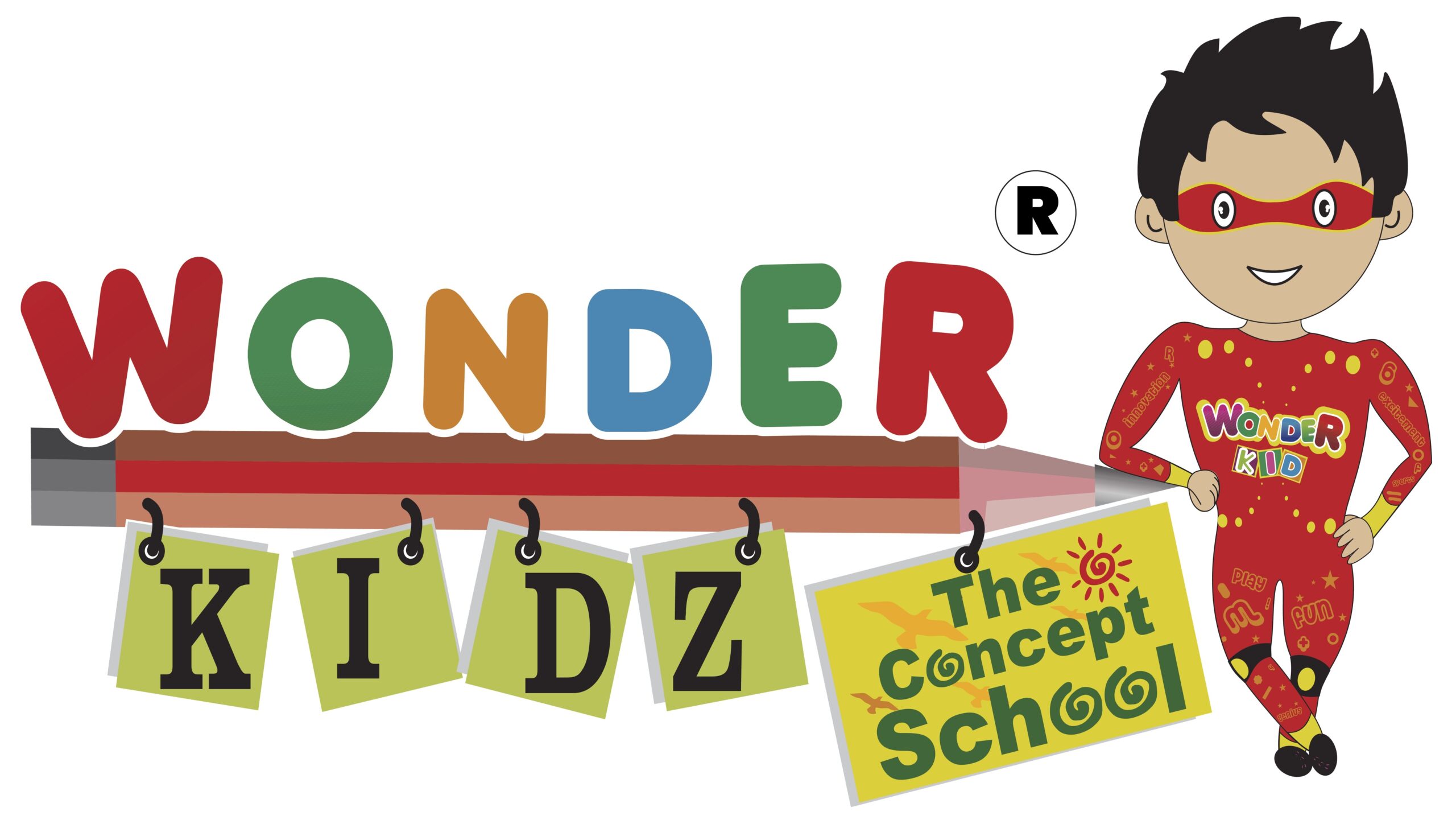Preschool is often the first formal educational setting a child experiences, and it’s much more than just playtime. It lays the foundation for future learning and personal development. If you’re a parent or caregiver considering preschool for your child, understanding the benefits can help you make an informed decision. From cognitive growth to emotional and social skills, preschool plays a vital role in early childhood development.

What is Preschool and Why is it Important?
Understanding Preschool Education
Preschool education refers to the structured learning environment provided to children aged 3 to 5, before they enter kindergarten. These programs focus on nurturing a child’s cognitive, emotional, social, and physical development through various activities and guided play.
Why Preschool is Important
The early years are critical in shaping how a child views the world and interacts with it. Preschool offers the first step toward building lifelong skills. Children in preschool develop early literacy, numeracy, social, and emotional skills that prepare them for formal schooling and beyond.
Cognitive Development Benefits of Preschool
Boosting Early Literacy and Numeracy Skills
In preschool, children are introduced to basic literacy and numeracy concepts. Activities like reading aloud, storytelling, and counting games help them develop early reading and math skills, preparing them for the academic demands of kindergarten and beyond.
Encouraging Problem-Solving and Critical Thinking
Preschool programs are designed to engage children in activities that promote problem-solving. Whether it’s completing puzzles, building with blocks, or figuring out how to share toys, these experiences sharpen their critical thinking and analytical skills.
Social Development Through Group Interaction
Learning How to Collaborate
Preschool provides a space where children learn to interact with peers, share, and work together. These social skills are crucial for functioning in group settings and help them build positive relationships in the future.
Developing Communication Skills
Through structured and unstructured play, children in preschool learn how to communicate their thoughts and feelings. They engage in conversations with their peers and teachers, which enhances their vocabulary, listening skills, and ability to express themselves clearly.
Emotional Development in Preschool
Building Emotional Intelligence
One of the key benefits of preschool is its focus on emotional development. Children learn to understand their own emotions and those of others. Through group activities, they develop empathy and emotional regulation, which are essential for forming healthy relationships.
Gaining Confidence and Independence
Preschool helps children develop a sense of independence. They learn to do simple tasks on their own, such as putting on their jackets or cleaning up after playtime, which boosts their self-confidence. This newfound independence prepares them for the greater responsibilities they’ll encounter in kindergarten.
Long-Term Academic Success Linked to Early Education
The Role of Preschool in Academic Achievement
Research shows that children who attend preschool are more likely to perform better academically throughout their school years. The skills they develop in preschool—such as concentration, persistence, and curiosity—form the bedrock of their learning journey.
Bridging the Achievement Gap
For children from low-income families, preschool can be a crucial factor in leveling the educational playing field. Early education programs have been shown to help close the achievement gap by providing children with the foundational skills they need to succeed in school.
Real-Life Examples of Preschool Benefits
Example 1: Building Social Skills in a Group Setting
Take the example of 4-year-old Emily, who struggled with sharing at home. After attending preschool for just a few months, her parents noticed significant improvement in her ability to play cooperatively with others. Through group activities and guidance from her teachers, Emily learned to take turns, share toys, and work collaboratively with her peers.
Example 2: Preparing for Kindergarten
Another real-life success story involves Liam, a shy child who had difficulty adjusting to new environments. His parents enrolled him in preschool, where he learned how to follow a daily routine, listen to instructions, and participate in group activities. By the time he entered kindergarten, he was more confident, socially adept, and ready to tackle new challenges.
Expert Opinions on Preschool Education
What Educators Say About the Benefits of Preschool
Educational experts agree that preschool plays an essential role in shaping a child’s development. Dr. Sarah Jameson, a child psychologist, explains, “Preschool provides a structured yet nurturing environment where children learn critical social and emotional skills. The early experiences they have in these settings are foundational to their overall development.”
The Long-Term Impact of Preschool on a Child’s Growth
According to a study by the National Institute for Early Education Research (NIEER), children who attend high-quality preschool programs are more likely to graduate from high school, attend college, and achieve higher-paying jobs in the future. This highlights the long-term economic and social benefits of early childhood education.
How to Choose the Right Preschool for Your Child
Factors to Consider
Choosing the right preschool is an important decision that can impact your child’s development. Look for a program that offers a balanced curriculum, experienced teachers, and a safe, stimulating environment.
Accreditation and Teacher Qualifications
Make sure the preschool is accredited by a recognized body and that the teachers are qualified and trained in early childhood education. The quality of the teaching staff directly influences the quality of education your child will receive.
Conclusion
Preschool is an essential step in your child’s developmental journey. It provides a solid foundation for cognitive, social, and emotional growth, helping children prepare for the academic and social challenges of kindergarten and beyond. By investing in early childhood education, you’re not just preparing your child for school—you’re setting them up for long-term success.
Investing in a WONDER KIDZ Preschool Franchise can be a rewarding decision, both financially and personally. However, it requires careful consideration and planning. If you’re passionate about early childhood education and ready to take on the challenge, it could be the perfect opportunity for you in 2024.If you are interested in becoming a WONDER KIDZ franchisee or would like more information, please (Click Here) or call or WhatsApp at +91 94256 03871.
FAQs
How does preschool contribute to a child’s social development?
Preschool helps children develop social skills by providing a structured environment where they learn to interact, collaborate, and communicate with peers.
At what age should my child start preschool?
Most children begin preschool between the ages of 3 and 5, depending on their developmental readiness.
Is preschool necessary for every child?
While preschool is not mandatory, it provides significant benefits in terms of cognitive, social, and emotional development, making it a valuable step for most children.
How does preschool prepare my child for kindergarten?
Preschool introduces children to routines, structured learning, and group activities, all of which help them transition smoothly into the more formal structure of kindergarten.
What should I look for in a good preschool?
Look for accredited programs with qualified teachers, a balanced curriculum, and a safe, welcoming environment that encourages learning through play.
